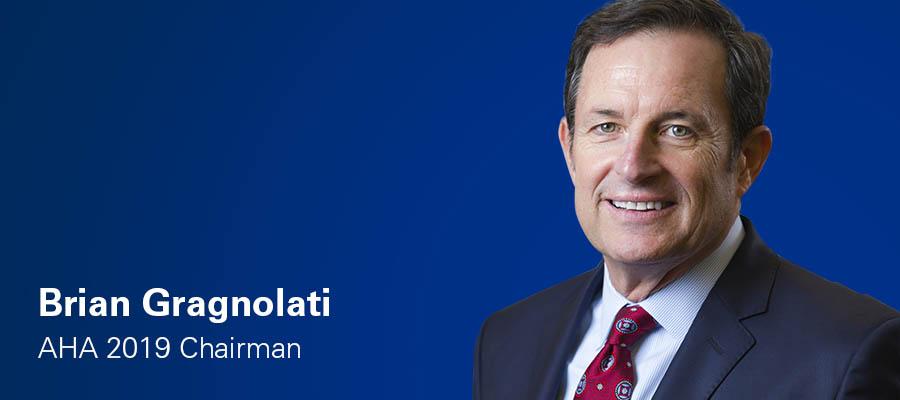Chairman’s File: Supporting caregivers on crucial conversations

As caregivers, we often rely on patients to provide us with the critical information we need to deliver the right care and meet their health needs. And yet, a patient who talks openly about her medical issues may be reluctant to admit she doesn’t have enough food for her family or even a safe place to sleep.
Trained, empathetic listening can make a world of difference in our patients’ lives. But even the best-intentioned caregivers can find it challenging to have meaningful conversations about sensitive non-medical needs, commonly called the social determinants of health.
AHA resources can help care teams — and their patients — move beyond the awkwardness to engage in honest communication that can transform lives. AHA’s The Value Initiative recently released “Screening for Social Needs: Guiding Care Teams to Engage Patients” — a new tool to help caregivers and patients work together to overcome barriers to good health.
The tool includes case studies and strategies for implementing screening programs tailored to hospitals’ unique communities, along with a roster of national organizations that connect patients with local resources. It complements AHA’s existing resources and videos, which help caregivers determine how factors such as income, social support, access to services and physical environment can impact patient care.
Learning to effectively broach delicate subjects helps build the trust we need to move beyond treating a patient to healing the whole person seeking our care. These conversations are an essential component to achieving our vision of a society of healthy communities, where all individuals reach their highest potential for health.

